Picture this: a healthy, active person suddenly struggles to remember a birthday, loses the thread of a conversation, or can’t find their way home from the corner store. Most would call it Alzheimer's disease, right? Now think about someone who has trouble walking after a stroke, or can't speak clearly. What if I told you these two stories often overlap more than you’d ever guess? Alzheimer-type dementia and stroke don’t just exist side by side—their link is tangled, hidden, and much closer than most people realize.
How Alzheimer-type Dementia and Stroke Interact in the Brain
At first glance, Alzheimer-type dementia and stroke look like completely different beasts. Alzheimer’s is slow and sneaky, gradually eating away at memory and thinking because of plaques and tangles building up in the brain. Strokes, on the other hand, are dramatic—one moment you’re fine, the next a blood vessel’s blocked or bursts, starving parts of your brain of blood and oxygen. But underneath all this, science has been digging up a web of connections between these two conditions that is honestly a bit unsettling.
For starters, the same risk factors that nudge someone toward a stroke also raise the odds for developing dementia. High blood pressure, diabetes, smoking, obesity—these aren’t just bad news for your arteries, but for your brain cells, too. And plenty of people who’ve had a stroke end up developing symptoms of dementia within months or years. It’s not just a coincidence. A big Australian study tracking thousands of adults for over a decade found that having a stroke doubles your risk of developing dementia, and if you already have mild memory problems, a stroke can speed up the slide into Alzheimer’s territory.
The flip side is also true. Alzheimer’s may quietly weaken blood vessels, making them fragile and more prone to small, unnoticed strokes. These tiny ‘microinfarcts’ are like invisible potholes in your brain’s road network. Alone, each one is barely felt. But pile enough on top of one another, and the brain's traffic grinds to a halt.
What happens inside the brain is a real mess of biology: blocked arteries, sticky amyloid plaques, tangled tau proteins, tiny bleeds called microbleeds, and slow-burning inflammation all mix together. Imagine a busy city where the power grid is failing, streets are crumbling, and signal lights flicker on and off. No wonder someone starts to feel lost or confused.
Here’s a table that brings together some key stats from hospital and community-based studies around the world:
| Condition | Risk of Developing Alzheimer-type Dementia | Risk of Having a Stroke | Shared Risk Factors |
|---|---|---|---|
| Previous Stroke | 2-4 times higher | — | Hypertension, diabetes, atrial fibrillation, smoking |
| Alzheimer-type Dementia | — | Up to 2 times higher | Hypertension, cholesterol, age, vascular disease |
| Both Combined | Much faster progression | Higher hospital readmission rates | All of the above |
One thing I’ve seen firsthand in my own family’s experience in Adelaide: after my uncle had a stroke at 74, he was never quite the same. His memory, already a little shaky, seemed to crumble day by day. Turns out, nearly 30% of stroke survivors show signs of dementia after just three years. That’s one in three—way more common than most people know.
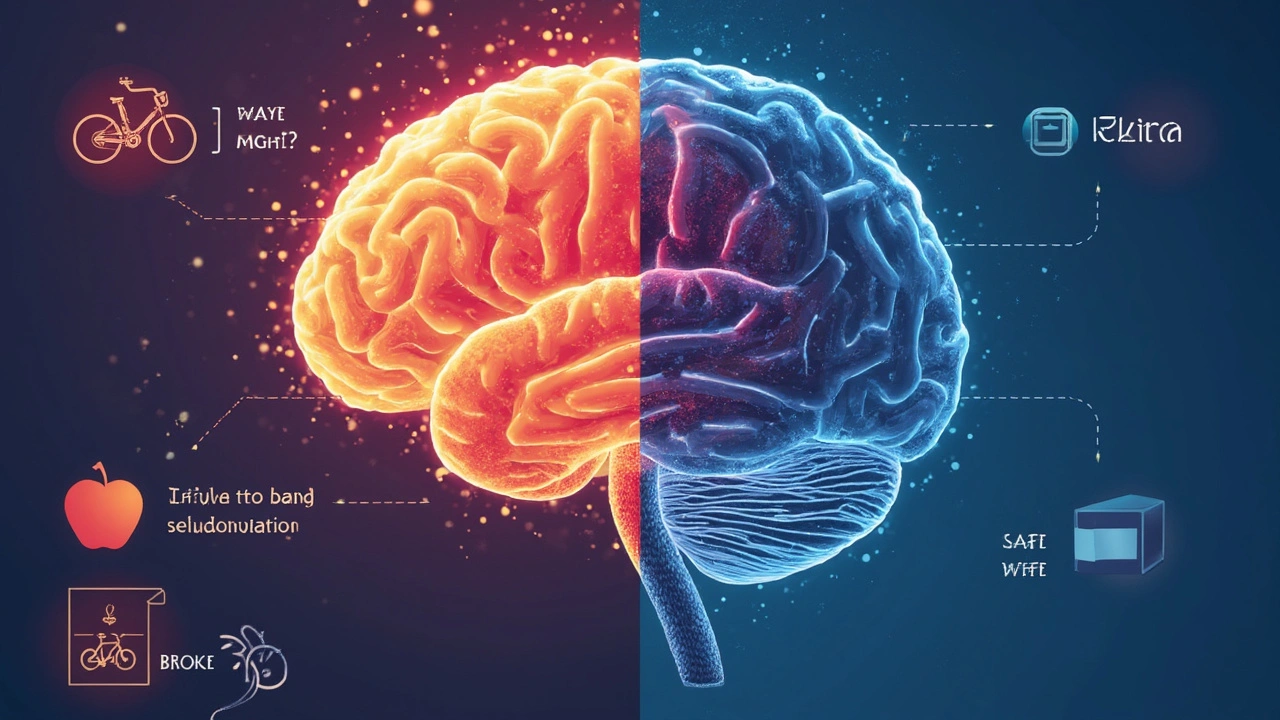
Spotting the Signs and Why the Overlap Matters
If you’re caring for an elderly parent or just watching your own health, spotting the signs of this overlap can really change how you handle things. Classic Alzheimer’s shows up as slow memory loss, confusion with dates or names, losing the ability to plan or multitask. A stroke often brings sudden symptoms: slurred speech, weakness down one side, sudden loss of balance. But throw both together—and it gets complicated fast.
You might notice that someone who was doing ‘ok’ with early dementia suddenly worsens—can’t find the right words, falls more often, or becomes more anxious and suspicious. Doctors call this a ‘stepwise’ decline—unlike the slow, steady slide of Alzheimer’s alone, there are clear drops after each new stroke or bleed.
On brain scans like MRI, doctors can often see both the telltale shrinkage of Alzheimer’s and old stroke scars in the white matter. These mixed pictures are sometimes called “mixed dementia.” For a long time, medical textbooks tried to keep Alzheimer's and stroke neat and tidy in separate chapters. But real-life brains rarely fit the textbook version.
Catching the signs early makes a massive difference. In some Aussie memory clinics, the routine now is to check for hidden mini-strokes in anyone with new memory problems. Sometimes, what looks like classic Alzheimer's can be made worse—or even triggered—by silent strokes that no one even knew had happened.
Families often tell me it feels like living with two separate illnesses at once: the slow forgetting, and the sudden confusion or loss of independence after a stroke. In my own circle, after Beatrice’s grandma had a minor stroke, her personality changed almost overnight, and her Alzheimer’s symptoms really gathered speed. It’s these stories that really drive home how important it is to think of these diseases together.
If you notice rapid changes in thinking, behavior, or movement, don’t shrug it off as “just dementia getting worse.” Sometimes, it’s a sign that something new—like a mini-stroke—has happened. A quick visit to the doctor, some blood tests and maybe a scan, can open up treatment options you might not even have realized were there.
Here are a few telltale signs that a stroke and dementia might be showing up together:
- Sudden problems with speech or swallowing on top of memory loss
- Noticeable weakness or numbness, especially if it sets in quickly
- Fast changes in personality, mood, or awareness
- Steep drop in ability after a period of stability
- Unexplained falls or trouble walking, even before memory symptoms get bad
If you spot these, it’s worth flagging them to a doctor. Early attention can slow the decline, protect what’s left, and sometimes restore some lost abilities—especially in the first few months.

What You Can Do: Prevention, Management, and Emerging Research
I hear this all the time: “If my genes already put me at risk, is there anything I can actually do?” Spoiler: Yes, and plenty. Genes matter, sure. But so do day-to-day choices. The overlap between Alzheimer’s and stroke means you can target both by aiming for rock-solid brain health.
Here’s what the latest research says. Tackling high blood pressure is at the top of the list. Keeping your pressure below 120/80 mmHg not only slashes your stroke risk, it’s now linked to better memory later. One large trial from the US, called SPRINT-MIND, showed that aggressive blood pressure control cut the odds of mild cognitive impairment by nearly 20%. That’s huge. If you’ve got mild hypertension, talk to your doctor about medication, but don’t forget practical steps—move your body most days, ease off on added salt, and watch those sneaky processed foods.
Then there’s diabetes. Around one in three Aussies over 60 now live with pre-diabetes or diabetes, and it quietly raises your odds for both stroke and dementia. Focus on trimming your waistline, staying active (even a brisk walk counts), and eating whole grains, veggies, and healthy fats. You don’t need to become a vegan marathon runner or eat plates of kale. Small tweaks—cutting down on sugary drinks, swapping hot chips for roasted sweet potato—add up.
Next: smoking. This seems tired, but it’s no joke. Smoking doesn’t just clog arteries—it leads to smaller, leakier blood vessels in the brain. Quitting in your fifties can drop your Alzheimer’s risk by up to 50% compared to those who keep smoking. If quitting cold turkey feels impossible, ask your GP about nicotine patches, gum, or newer meds.
Don’t forget exercise. Just 150 minutes a week of brisk walking, dancing, or even gardening has been tied to a slower slide in memory and a lower chance of stroke. Bonus: Mild strength training—think carrying groceries or climbing stairs—protects against falls, which is a nightmare for anyone already at risk of stroke and dementia.
If you have atrial fibrillation (an irregular heartbeat), see your doc about blood thinners. These meds drop your stroke risk by about two-thirds. Even a simple daily aspirin, for some folks, can shave big numbers off future risk—though check with your doctor first, since the advice changes if you’re over 70 or have a history of bleeding.
Here’s a quick cheat sheet for keeping both stroke and dementia at bay:
- Get your blood pressure checked at least once a year after 50
- Keep cholesterol and blood sugar in the safe range
- Stay as active as you can—walking, cycling, swimming, or even bowling count
- Quit smoking (or cut down as much as possible)
- Eat plenty of oily fish, nuts, leafy greens, and whole grains
- Avoid big swings in mood or sleep—good emotional health supports your brain
- Socialize often—even a coffee with a mate beats sitting alone all day
- Stay curious: puzzles, new skills, reading, anything that gets your brain working
Now, about new research. Scientists here in Adelaide and across the globe are blitzing this problem from every angle. A major focus is the role of tiny blood vessels—the “microvasculature” of the brain. Clinical trials are testing blood pressure meds, diabetes drugs, and even anti-inflammatory meds to see if they slow down both stroke and dementia. Some neuroscience labs are tinkering with ways to prevent amyloid from damaging blood vessels in Alzheimer’s. Imaging techniques are also leaps ahead—MRI scans now spot “silent” microbleeds well before people notice memory loss.
One of the most controversial tips making waves lately: treat hearing loss early. Turns out, unmanaged hearing loss in your fifties and sixties can double your dementia risk, partly because it’s connected to both brain shrinkage and increased stroke risk. If you’ve been turning up the telly or missing bits of conversation, get a hearing check—good-quality hearing aids aren’t what they used to be, and can really help with both memory and mood.
Finally, it’s ok to ask for help. Living with memory issues or stroke can be lonely. Support groups, community health centers, online forums—these aren’t just for the patient, but for families too. Beatrice and I have found huge comfort in sharing stories with others walking the same path. You pick up tricks, catch up on the latest research, and get support when things feel heavy.
The bottom line? Alzheimer-type dementia and stroke have a much deeper connection than we thought, but that means helping one often helps the other. Don’t wait until trouble hits. Check your numbers, tweak your habits, and stay curious about your brain—it’ll pay off in better days, sharper memories, and more time making new ones.
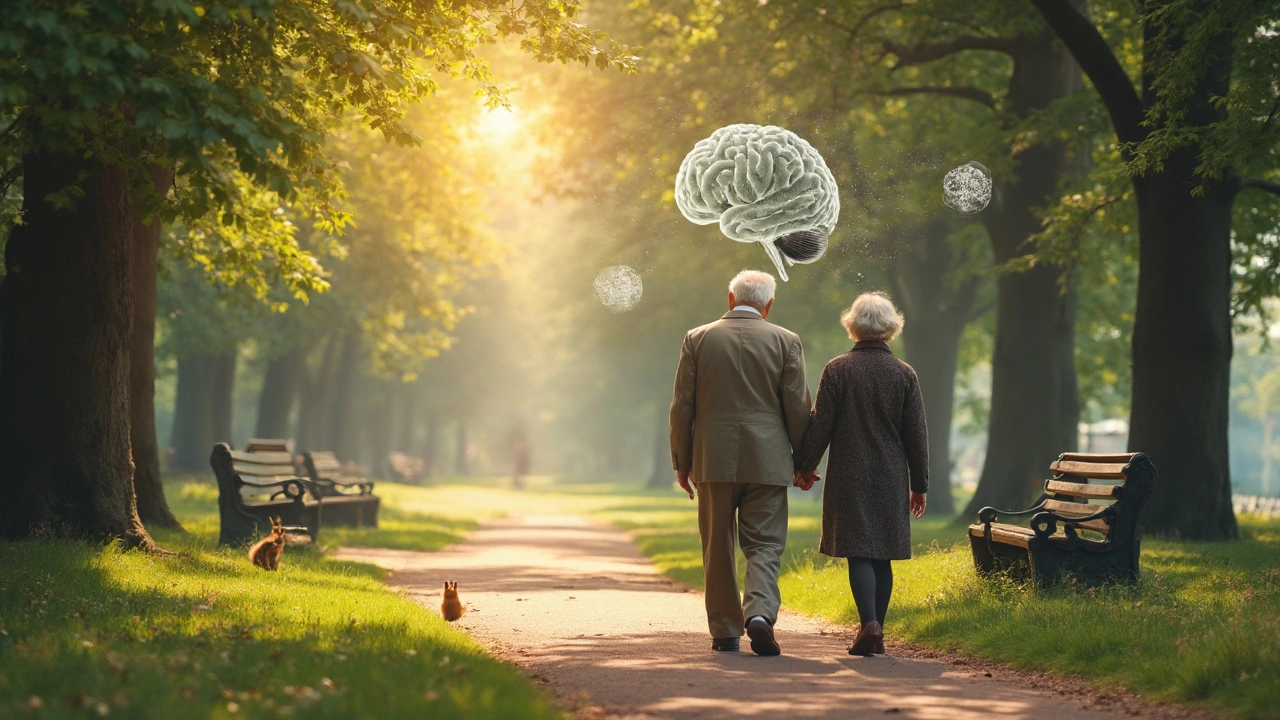

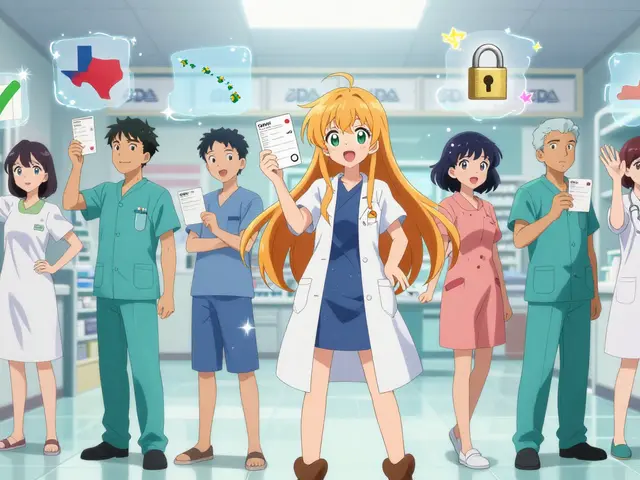
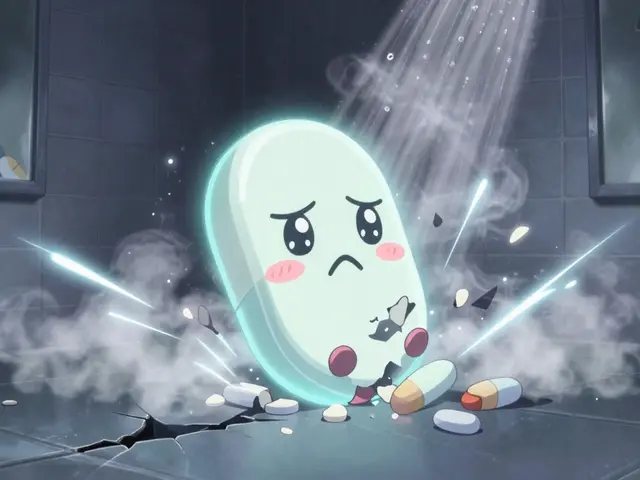
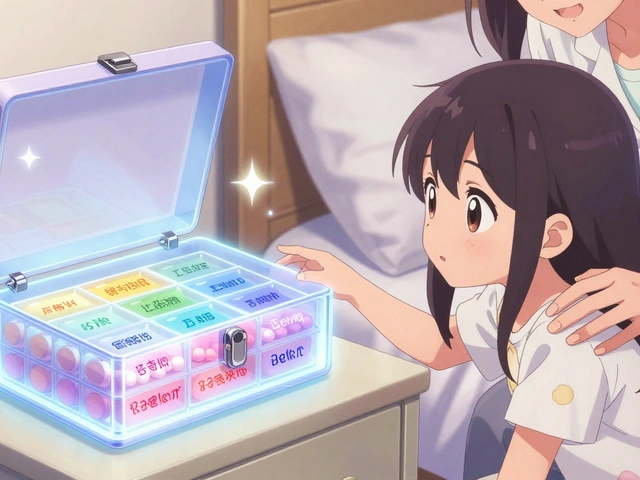

lucy kindseth
May 5, 2025 at 21:09
Thanks for sharing this deep dive; the overlap between stroke and Alzheimer’s is something many overlook. The table you included really drives home how the same risk factors-high blood pressure, diabetes, smoking-can push both conditions. It’s scary to think that a silent micro‑stroke could accelerate memory loss, but the evidence is mounting. Regular check‑ups for blood pressure and cholesterol are a simple way to cut down both risks. Also, staying active and keeping the mind engaged can give the brain a bigger buffer against damage. Keep spreading the word; the more people know, the better we can all protect our brains.